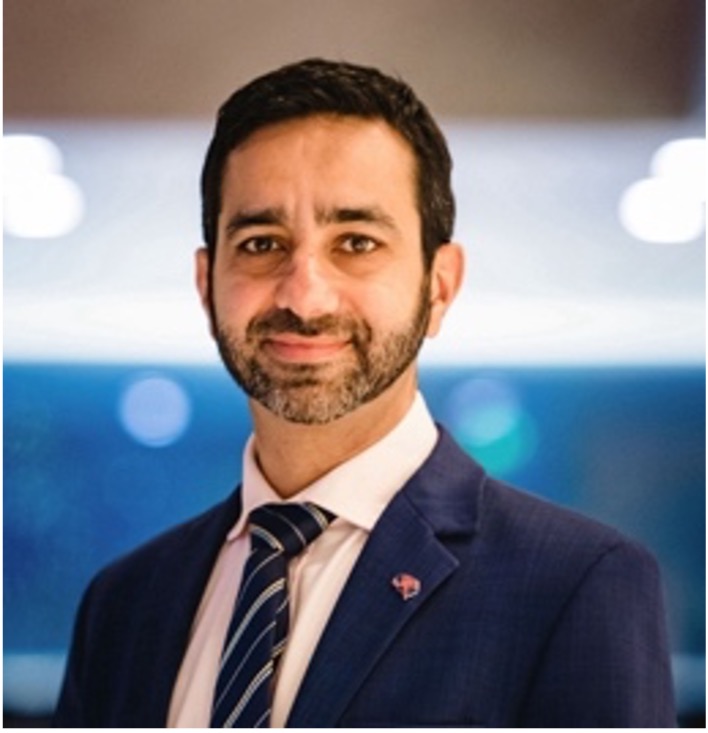SAROSH IRANI, MD
Departments of Neurology and Neurosciences, Mayo Clinic, Florida
Sarosh Irani is a neuroimmunologist with experiences and expertise in treating a broad range of patients with neurological diseases, especially those caused by dysfunction of the immune system.
Dr. Irani graduated in medicine (BMBCh) from the University of Oxford, UK, and, from 2003-2006, completed his internal medicine training in both Oxford and London. Next, he completed a PhD in Clinical Neurology at Oxford University (DPhil) and, subsequently, undertook clinical residency training in neurology, in London and Oxford followed by a Fulbright Fellowship in multiple sclerosis and autoimmune neurology in UCSF, USA. Since 2014, he has practiced as a consultant neurologist in Oxford both caring for patients with general neurological conditions, and with a special focus on patients with autoimmune neurological illnesses. He founded the Oxford Autoimmune Neurology clinic and was promoted to full Professor of Autoimmune Neurology at the University of Oxford in 2021. He joined Mayo Clinic Florida in 2023.
He has extensive experience in diagnosing and managing a variety of neuroimmune conditions, including autoimmune encephalitis, neuromyelitis optica, stiff person syndrome and multiple sclerosis. He has cared for over 300 patients with LGI1, CASPR2, NMDA and GABA receptor-antibodies and seronegative forms of encephalitis, and is one of the world's most experienced clinicians in this area.
